In 1806 a lawsuit occurred in Virginia that resulted in the freedom of Jackey Wright and her children. Wright’s case hung on partus sequitur ventrem—a legal rule that states a mother’s status determines that of their children.
HUDGINS v. WRIGHT
Wright’s claim is that her mother and grandmother were Native American. In Virginia, the enslavement of Indians had been outlawed since 1705. On top of that, partus sequitur ventrem was a part of Virginia law for over 40 years prior. Because of this, in their first Court of Appeals run in, Wright was given her freedom by Judge George Wythe.
Hudgins v. Wright would appear on the court rolls again as Hudgins appealed the decision. In the first case, Wright provided witnesses who stated that her grandmother wasn’t Black and Hudgins couldn’t counter it.
Jacky Wright’s mother Phoebe, her grandmother Hannah, and great grandmother Butterwood Nan all were known to have physical Native American features. Hudgins admitted that Jacky Wright and her children were in fact mixed. As a result, she was legally enslaved for being partially Black.
It was stated that Wright’s family appeared White and upheld Wythe’s original decision. The common theme of this and other freedom cases we’ve covered is that by law being of African descent was enough for someone to be a slave.
To get one’s freedom through the legal system a Black person had to be fortunate enough to be in a territory that allowed for people to challenge for their slavery. Not only that but chances were better only if a mother or grandmother was anything but Black. This was all in a time when records for Black genealogy either weren’t kept or were extremely vague.
SOURCE: http://academic.udayton.edu/legaled/Race/Cases/Hudgins%20v%20Wrights.htm

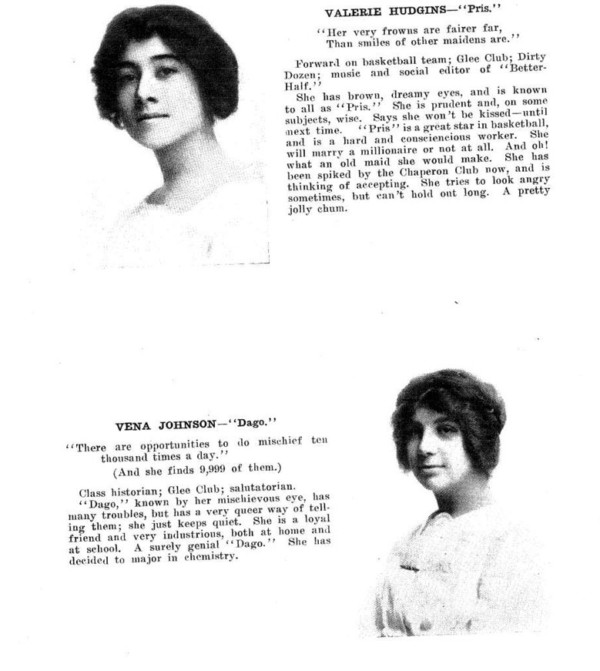



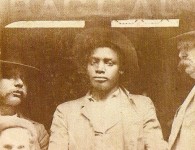





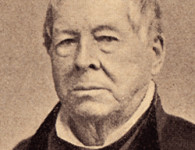

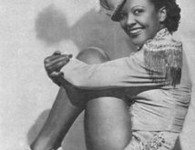

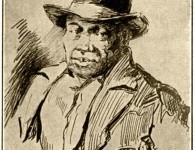
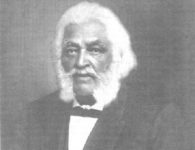
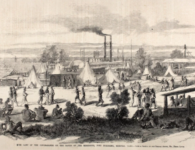

1 Comment
Best Private Proxies – 50 Discounted + Free of charge Proxies! Top level superior, Limitless bandwith, 1000 mb/s superspeed, 99,9 uptime, Neo successive IP’s, Virtually no practice restrictions, Several subnets, USA or maybe Europe proxies – Get Now – DreamProxies.com